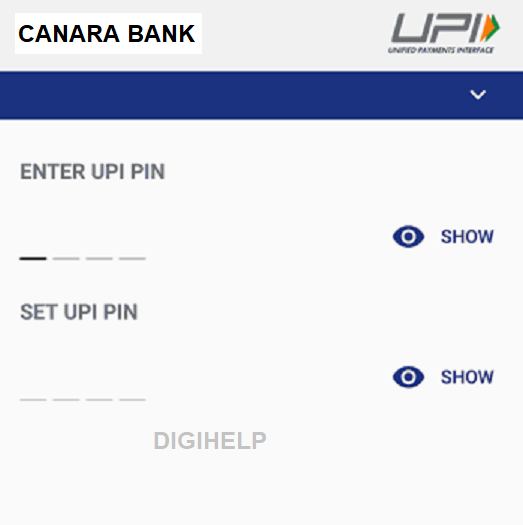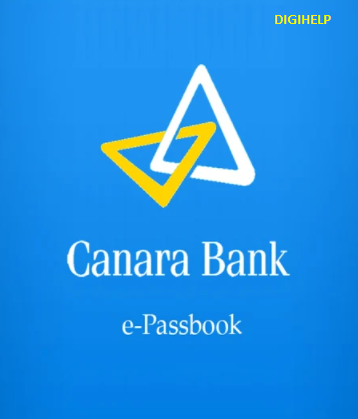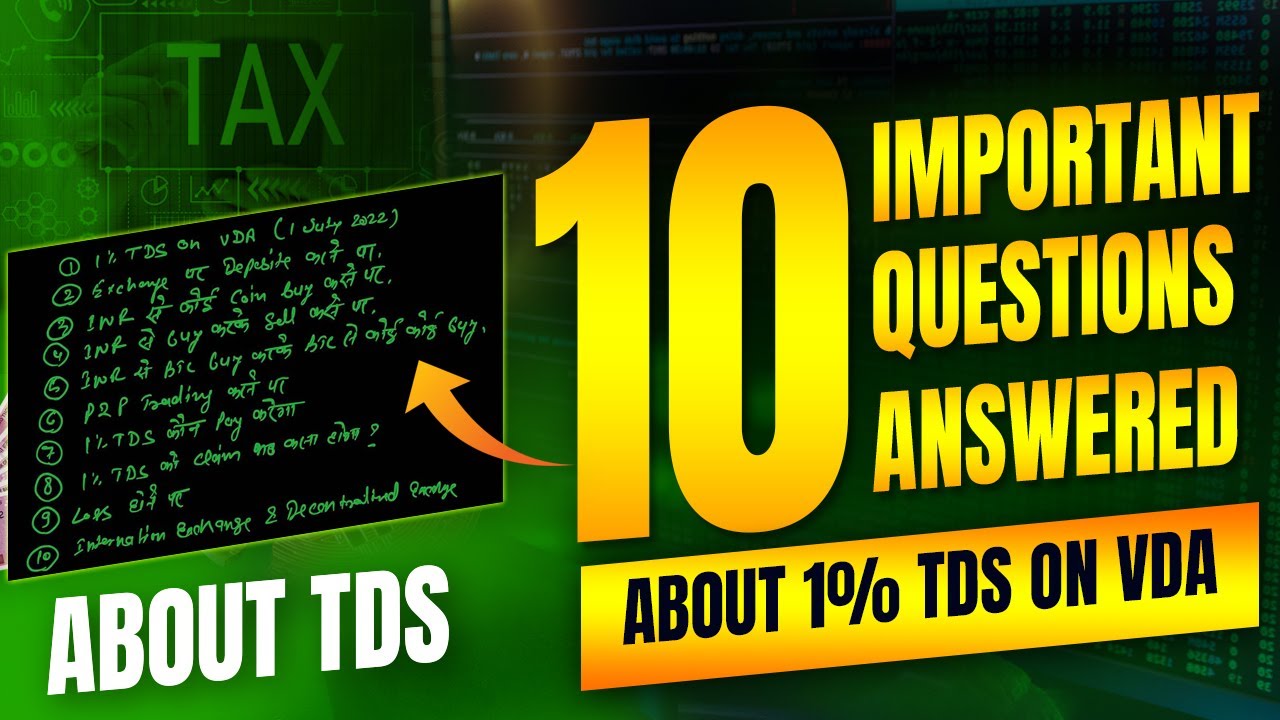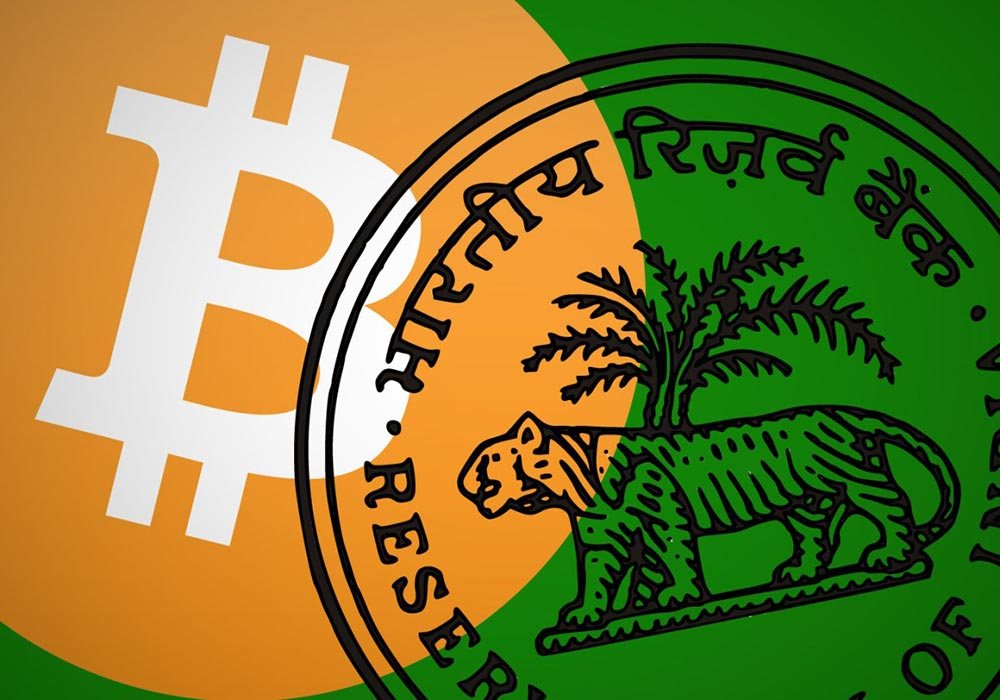No Ban on Bitcoins, stated by the domestic payments authority National Payments Corporation of India (NPCI). They has also refused to ban cryptocurrency transactions and given the authority to banks to decide. It is now banks own decision whether to ban transactions of cryptocurrency trades or not. It told banks to take a decision based on the advice of their legal and compliance departments.
Interestingly, many banks are restricting payments for cryptocurrency deals. Almost 6+ top banks have directed payment gateway operators to blacklist merchants involved in the trade of cryptocurrencies. These banks restrict customers from using online fund transfer methods such as net banking and UPI to trade cryptocurrencies or bitcoins.
Also Read – China Plans to block offshore Cryptocurrency,Bitcoins
NPCI is the controller of majority of online payments like UPI and Rupay cards and decision to restrict payment for cryptocurrency trades would invariably be applied across all banks and investors would be left with very little option to conduct such trades. Users of banks which have disallowed crypto trades cannot use UPI, net banking or cards but trades continue as some banks still allow it. Currently, each bank has a different take on crypto trades based on its risk assessment.
NPCI’s decision of No Ban on Bitcoins is based on the Supreme Court’s March 2020 ruling which set aside a directive by the Reserve Bank of India from April 2018 to ban banks and finance companies for “dealing in virtual currencies or providing services to facilitate” anyone trading in crypto. NCPI has not blocked the trades given that the RBI did not come out with any directive following the Supreme Court ruling.
It is possible to sell decentralized currency to overseas buyers under peer to peer deals but the same would fetch lower prices and add to currency conversion cost. Such deals attract queries from tax authorities.






